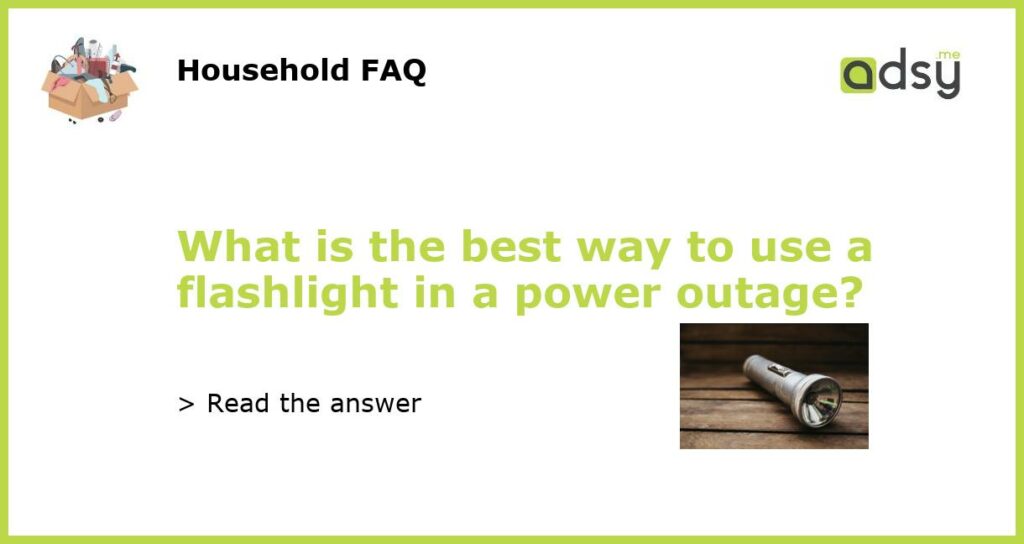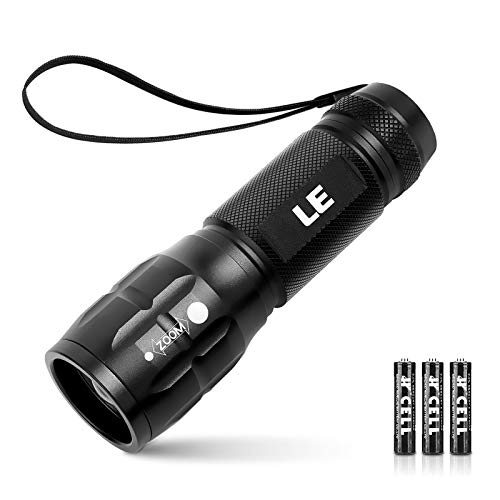Understanding the Importance of Flashlights in a Power Outage
Flashlights are essential tools that can help you navigate in the dark during a power outage. They can help you find your way around, look for supplies, or signal for help. However, many people do not know how to use flashlights effectively, which can put them at risk when the lights go out. In this article, we will provide you with some tips on how to use a flashlight in a power outage effectively.
Choosing the Right Flashlight
Before learning how to use a flashlight, it is essential to choose the right one. You want a flashlight that is durable, bright, and can last for a long time. Look for flashlights that use LED lights, as they are brighter and last longer than traditional incandescent bulbs. Additionally, make sure that the flashlight is easy to hold and has a sturdy casing, since you may need to use it in emergency situations.
Using Your Flashlight
When using a flashlight in a power outage, there are a few things you should keep in mind:
- Carry the flashlight with you at all times to avoid stumbling in the dark.
- Use the flashlight sparingly to conserve battery life. Turn it off when not in use.
- Aim the flashlight at the ground, not directly at people’s faces, to avoid blinding them.
- If possible, use a red filter on your flashlight to preserve night vision.
- Keep spare batteries on hand in case your flashlight runs out of power.
Other Uses for Your Flashlight in a Power Outage
Aside from finding your way around, flashlights can be used for various tasks during a power outage, such as:
- Checking the status of your water, gas, or electric meter.
- Examining your appliances for damage.
- Reading books or playing games to pass the time.
- Signaling for help if you are lost or in danger.
- Lighting up a room or tent during a camping trip.
In conclusion, knowing how to use a flashlight in a power outage is essential for your safety and comfort. By choosing the right flashlight and following the tips we provided, you can navigate in the dark effectively, conserve battery life, and avoid risks. Additionally, you can use your flashlight for other tasks, such as checking your water or gas meter, reading books, or signaling for help. Remember to keep spare batteries on hand in case of an emergency.






